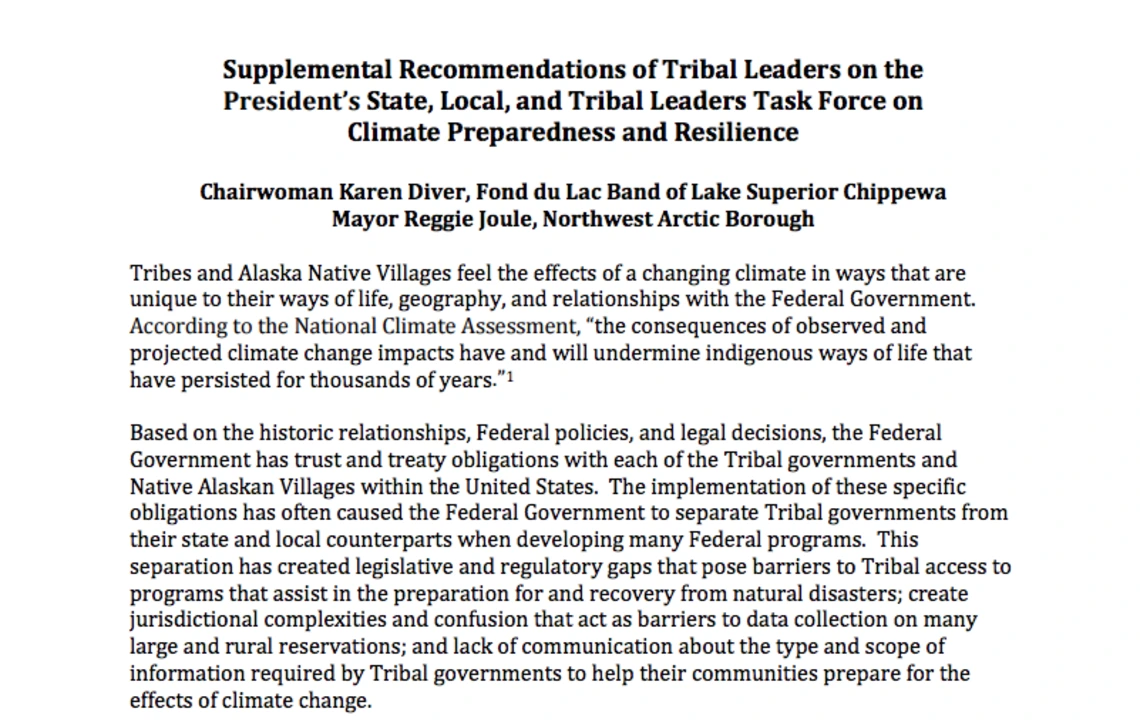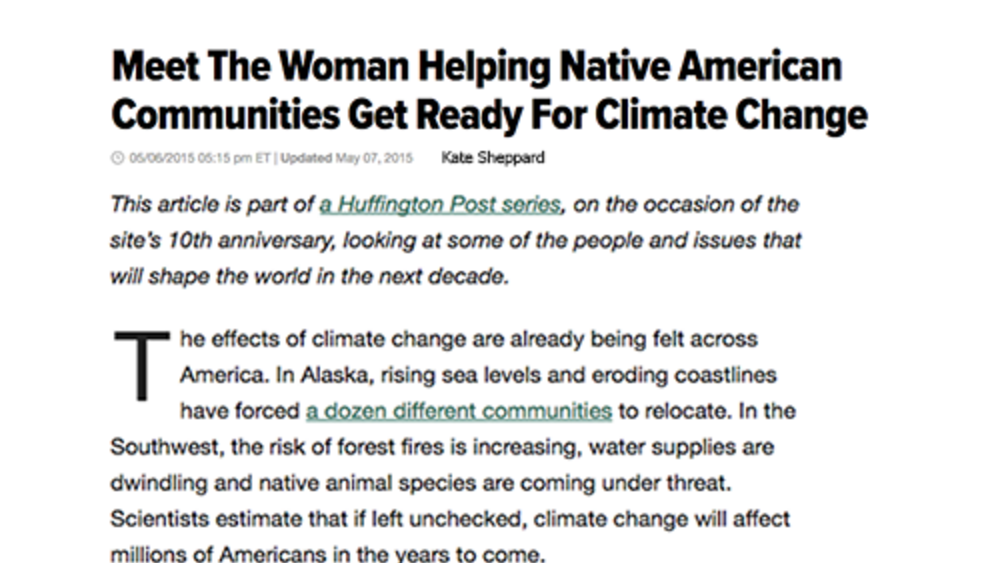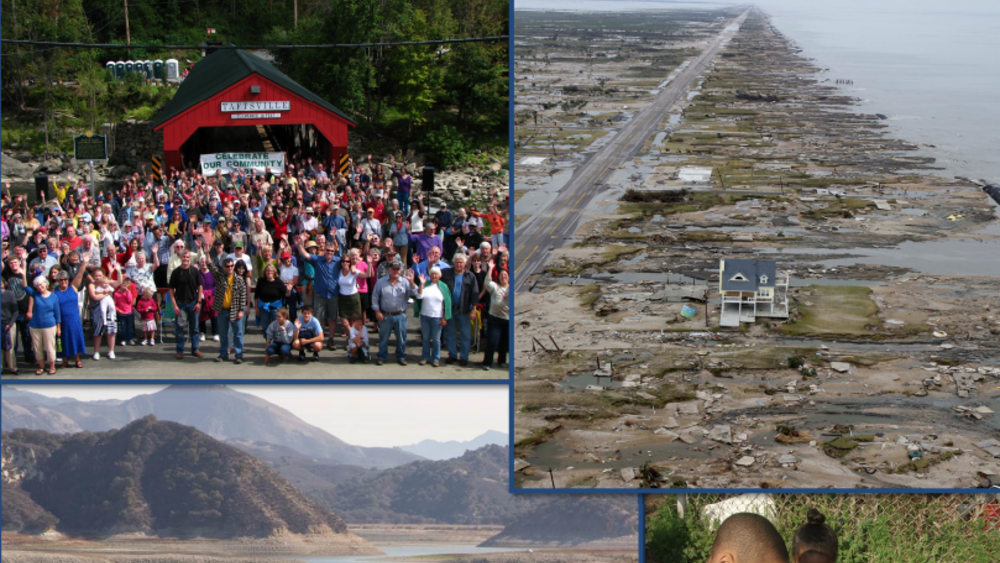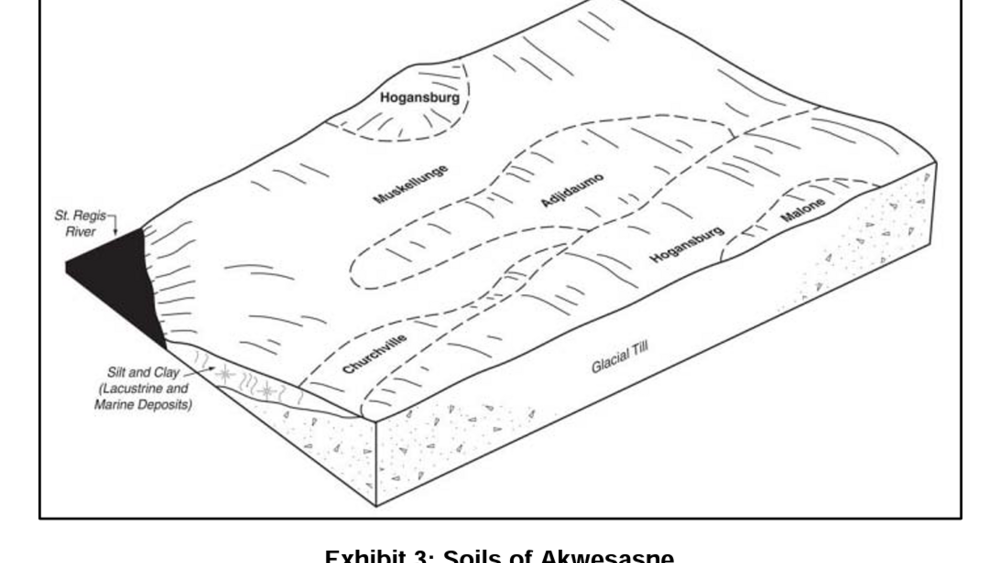Tribes and Alaska Native Villages feel the effects of a changing climate in ways that are unique to their ways of life, geography, and relationships with the Federal Government. According to the National Climate Assessment, “the consequences of observed and projected climate change impacts have and will undermine indigenous ways of life that have persisted for thousands of years.”
Based on the historic relationships, Federal policies, and legal decisions, the Federal Government has trust and treaty obligations with each of the Tribal governments and Native Alaskan Villages within the United States. The implementation of these specific obligations has often caused the Federal Government to separate Tribal governments from their state and local counterparts when developing many Federal programs. This separation has created legislative and regulatory gaps that pose barriers to Tribal access to programs that assist in the preparation for and recovery from natural disasters; create jurisdictional complexities and confusion that act as barriers to data collection on many large and rural reservations; and lack of communication about the type and scope of information required by Tribal governments to help their communities prepare for the effects of climate change...
Additional Information
Diver, Karen & Reggie Joule. Supplemental Recommendations of Tribal Leaders on the President’s State, Local, and Tribal Leaders Task Force on Climate Preparedness and Resilience. President's State, Local, and Tribal Leaders Task Force on Climate Preparedness and Resilience: Recommendations to the President. State, Local, and Tribal Leaders Task Force. Washington, District of Columbia. November 2014. Paper. https://obamawhitehouse.archives.gov/.../climate_change_task_force_tribal_recommendations_0.pdf




